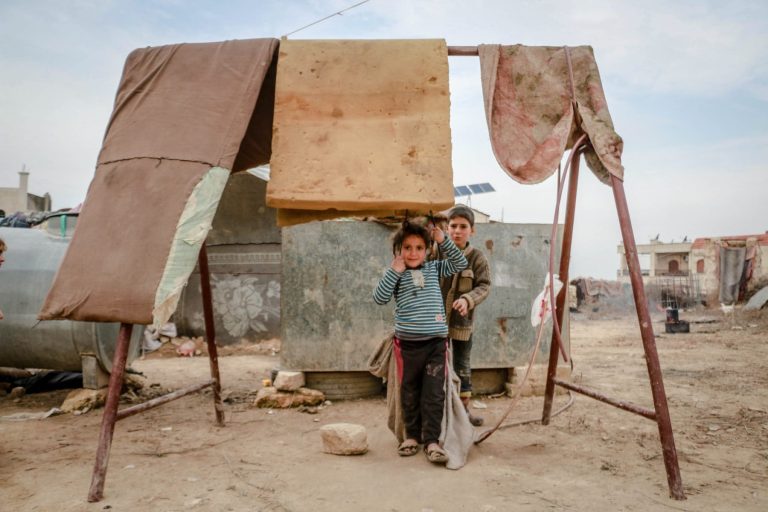Treating the poor as one of us

The World Day of the Poor is an annual observance in the Catholic Church, held on the 33rd Sunday of the year. This year it will fall on November 16 with the theme You are my hope.
Established by Pope Francis in 2016 at the end of the Jubilee Year of Mercy, it serves as a call to action for the faithful to reflect on and respond to the needs of the poor in their communities. It is not just meant to be a symbolic day, but aims to inspire ongoing commitment to justice, charity, and solidarity.
Each year, the pope releases a special message highlighting a theme drawn from Scripture. These themes focus on hope, compassion, and the dignity of every person, encouraging Christians to move beyond charity as a one-time act and embrace a lifestyle that uplifts the marginalised. The day is meant to remind the Church that poverty is not only material but also spiritual, emotional, and relational.
The event urges people to engage with the poor personally—sharing time, resources, and friendship—rather than merely offering distant assistance. Pope Francis had often stressed that the poor “are not problems to be solved but brothers and sisters to be welcomed.”
From a spiritual perspective, the World Day of the Poor reflects the gospel mandate to care for “the least of these” (Matthew 25:40). It aligns with the Church’s social teaching, which places the preferential option for the poor at the heart of Christian discipleship. Parishes often mark the day with special liturgies, prayers of the faithful, and homilies that challenge parishioners to live out their faith through service.
Many dioceses also offer opportunities for confession, Eucharistic adoration, and Scripture reflection, linking personal conversion to concrete acts of charity. In this way, spiritual renewal and social outreach are linked.
Pope Leo XIV said, “The poor are not a distraction for the Church, but our beloved brothers and sisters, for by their lives, their words and their wisdom, they put us in contact with the truth of the Gospel. The celebration of the World Day of the Poor is meant to remind our communities that the poor are at the heart of all our pastoral activity.”
The observance is not limited to church services. Catholic communities globally organise food drives, free medical clinics, clothing distributions, and community meals. Some parishes invite those experiencing homelessness to join parishioners for a shared Sunday lunch, breaking down barriers and building genuine relationships.
In the past Pope Francis hosted large meals in St Peter’s Square for thousands of needy people. Volunteers and charitable organisations collaborate to provide both immediate relief and pathways to long-term support, such as job training, counselling, and housing assistance.
While the focus is on a particular Sunday in November, the World Day of the Poor is intended as a springboard for year-round commitment. Pope Francis often warned against a “throwaway culture” that treats the poor as invisible. This day serves as a salient reminder to challenge systems of injustice, advocate for fair economic policies, and live more simply in solidarity with those who have less.
The World Day of the Poor is both a celebration of human dignity and a challenge to complacency. By fostering encounters between rich and poor, it bridges social divides and brings to life the gospel’s radical call to love.
Every November the Church invites all people—not just Catholics—to see the poor not as statistics but as neighbours, and to respond with open hearts, active compassion, and enduring commitment.
As Christians, that is what Christ wants.
We encourage you to share and use this material on your own website. However, when using materials from Majellan Media’s website, please include the following in your citation: Sourced from www.majellan.media
